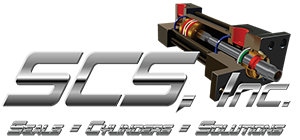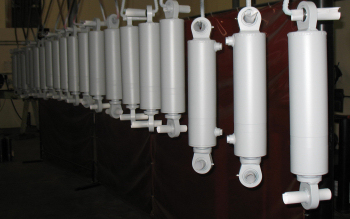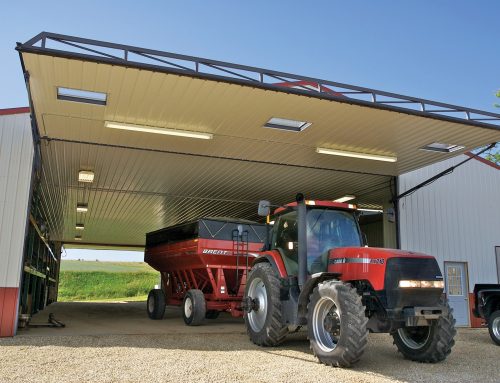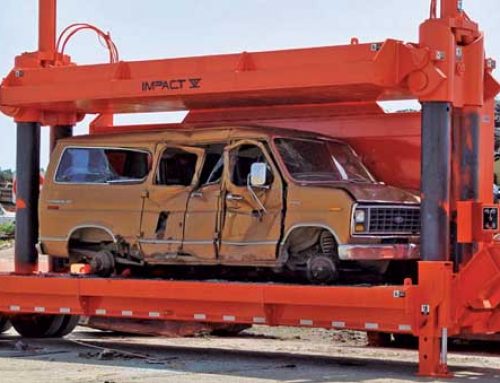Storing hydraulic cylinders – safelyA question I’ve been asked several times in recent months by equipment owners, is the procedure for storing spare hydraulic cylinders for an extended period. So here’s what I recommend:
If the cylinder is not filled with oil it will obviously be filled with air. If this air is not perfectly dry, then as ambient temperature decreases the air can reach due point. This results in moisture forming on the inside of the cylinder tube. This can cause spot rusting and pitting of the tube surface, which will reduce the volumetric efficiency of the cylinder, the service life of the piston seal, and ultimately, the life of the tube itself. Completely filling the cylinder with clean hydraulic oil prevents this from occurring, however there’s a major caution with this. It’s best illustrated by an example: Say a cylinder is prepared for storage during the winter months. When the cylinder is filled with oil, the ambient temperature is 10 degrees Celsius. A year and a half later, during the middle of summer, the same cylinder is set down beside the machine to which it is to be installed. In the heat of the midday sun the temperature of the cylinder rises to 40 degrees Celsius. Assuming an infinitely stiff cylinder, the pressure of the oil in the cylinder resulting from the rise in temperature can be approximated by the formula: p (bar) = 11.8 x (T2 – T1) So the theoretical pressure of the oil in the cylinder is now: 11.8 x (40 – 10) = 354 bar or 5134 PSI! When it comes time for the unsuspecting mechanic to crack loose the blanks on the service ports … well let’s just say that’s more excitement that he signed up for. That said, cylinders CAN be safely filled with oil for storage provided you:
As you can see, this procedure is somewhat involved and so the decision to fill a cylinder with oil is something you have to weigh up based on the value of the cylinder and how long you expect it to be in storage. Oh, and the moral to the above story is: if you get involved in installing hydraulic components, when it comes time to remove blanking plates or plugs – always assume there’s a possibility the component contains oil under pressure. And take the necessary precautions. For more technical advice or tips call 1-866-905-SEAL or email [email protected] 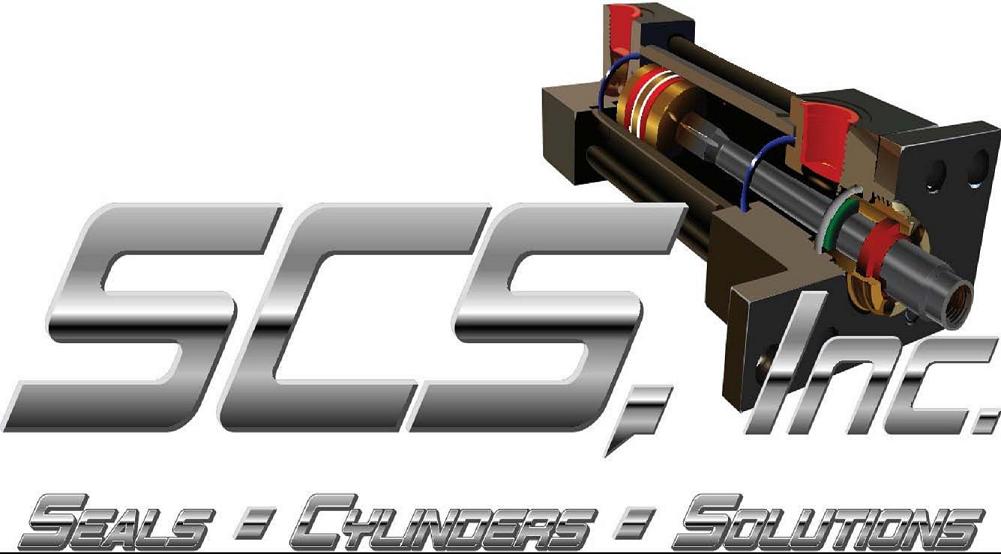 More Than Seals & Cylinders…………….Solutions! |
